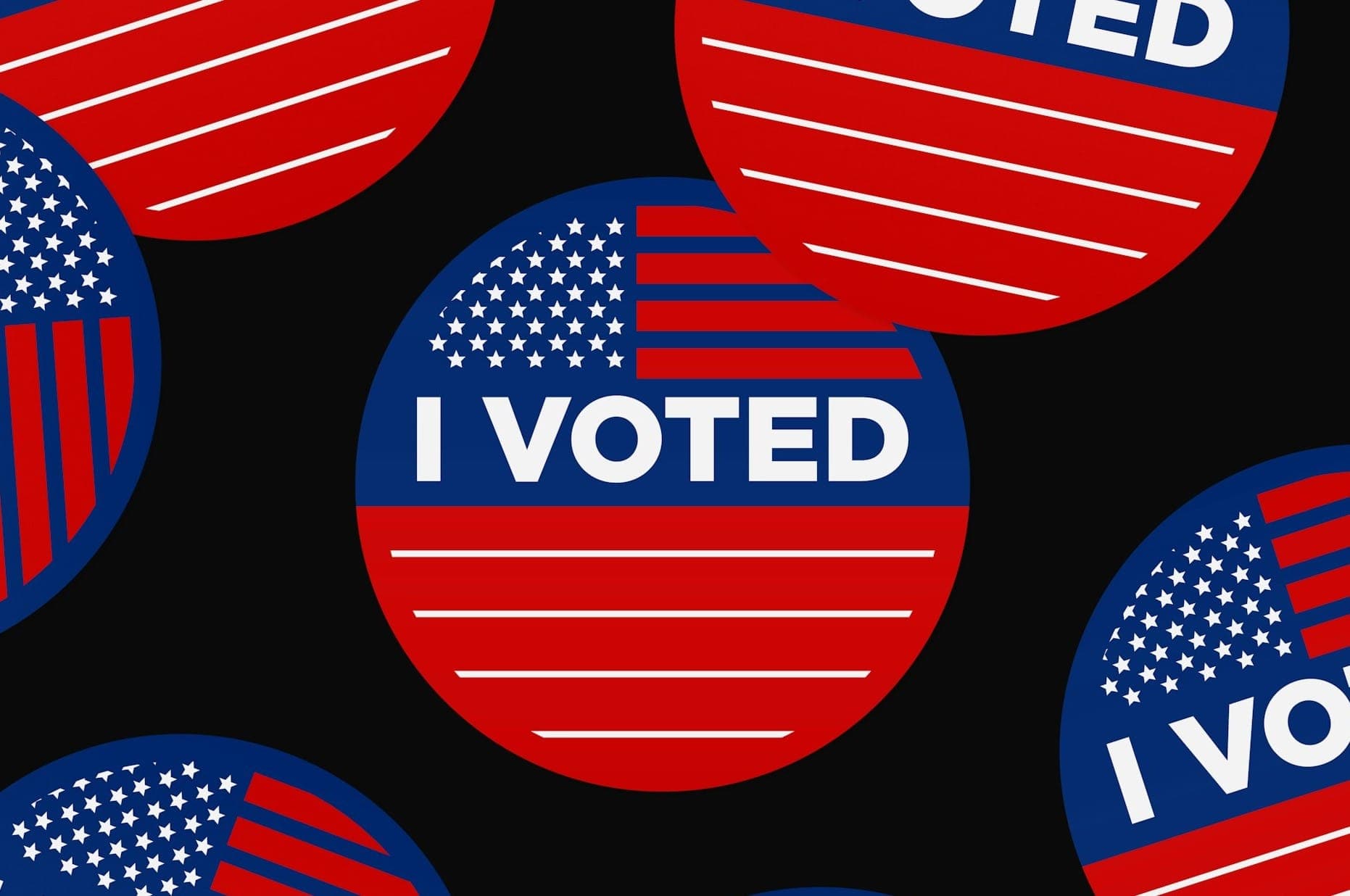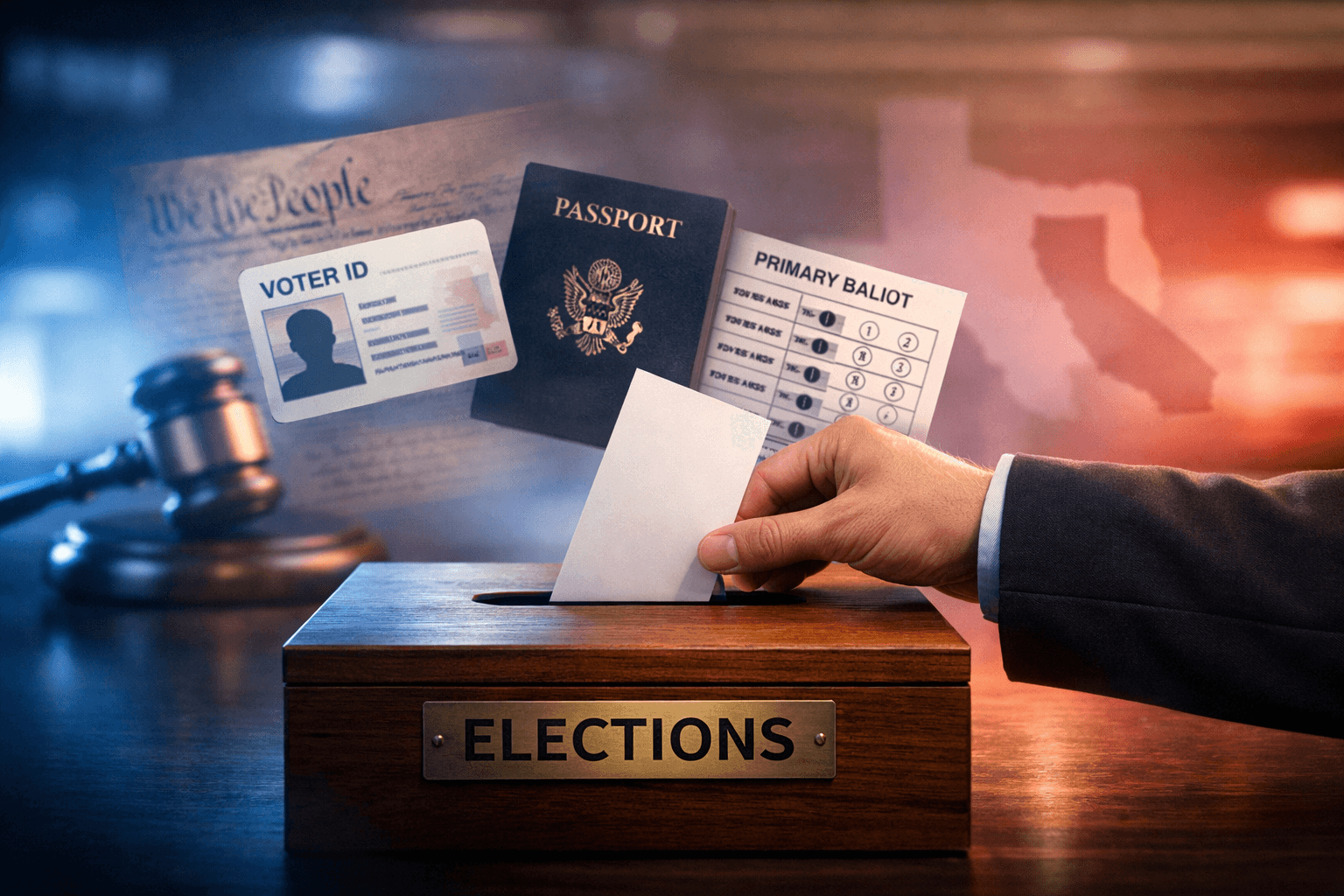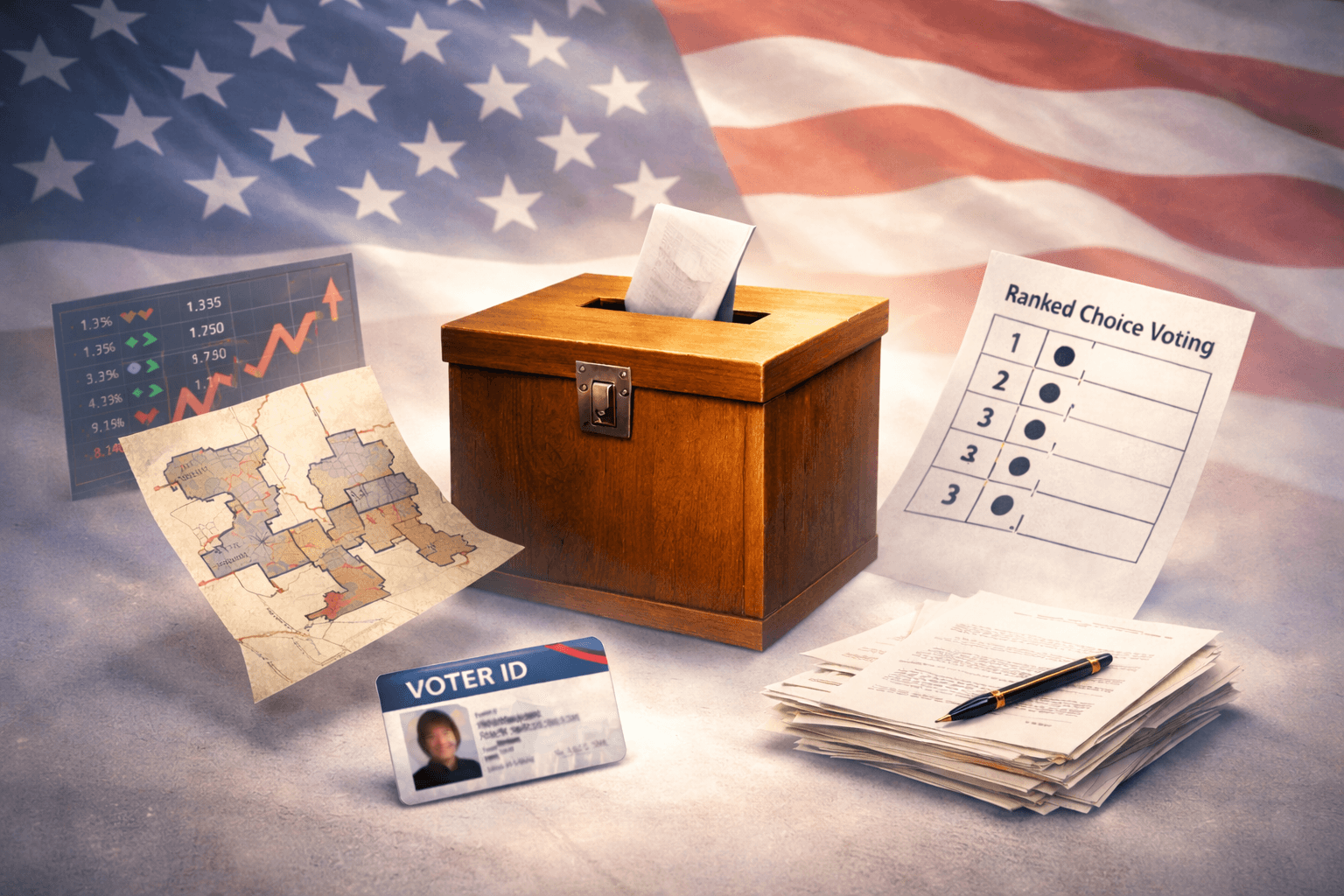Oklahoma City Mayor: Our Partisan Politics Is a Consequence of Partisan Primary Elections

OKLAHOMA CITY, Okla. -- Oklahoma City Mayor David Holt sat down with former RNC chair and MSNBC commentator Michael Steele to talk about the difference between the partisan politics in DC versus the more pragmatic outcomes at the local level.
Mayor Holt said the most consequential difference is simple and yet immensely impactful: If voters want to see better, more responsive representation, elections need to look more like they do for mayor in many cities.
In other words, elections need to be nonpartisan:
"They way that most mayors are elected is in a nonpartisan format or a top-two format, and the bottom line is all voters see all the candidates and all the candidates have to face all the voters -- and you don't go through a closed partisan primary."
Holt said that when anyone talks about party politics or partisan politics the first thing that comes to mind is when he faces Oklahoma City voters, he faces Republicans, Democrats, and independents from the start. This changes things.
Due to the nonpartisan nature of the elections, the political environment incentivizes coalition-building across the political spectrum or -- as Holt puts it -- "the 70% of normal people in the middle."
There are many issues that Americans agree on, but nothing ever gets done on these issues because a partisan primary system incentivizes putting party interests and self-interests first.
The top two system Holt mentions is used at the state level in California and Washington. Alaska also uses a nonpartisan primary system that advances the top 4 candidates, regardless of party.
Voters then use ranked choice voting to determine a majority winner.
Alaska Republican state Senate President Cathy Giessel credits the Top 4 system with not only getting her seat back after being primaried for working across the aisle but also ensuring a bipartisan governing majority in the Alaska Legislature.
“We decided we’re going to stay on the ideas that we can find agreement on—which is the economy, public safety, education and a balanced budget. It’s just been delightful,” Giessel said.
It worth noting that she originally opposed reform when it was on the ballot in 2020, but her experiences changed her mind -- the type of experiences that Holt says exist at the local level because of nonpartisan elections.
"It's a totally different incentive structure than those who are running for most congressional seats and governors' offices, and to be president," he said.
Oklahoma voters may have a chance to reform their elections to a nonpartisan system. The nonprofit group, Oklahoma United, filed a constitutional amendment in November for a Top Two system.
The amendment could appear on the 2026 ballot.
The video above is courtesy of Open Primaries.
 Shawn Griffiths
Shawn Griffiths





